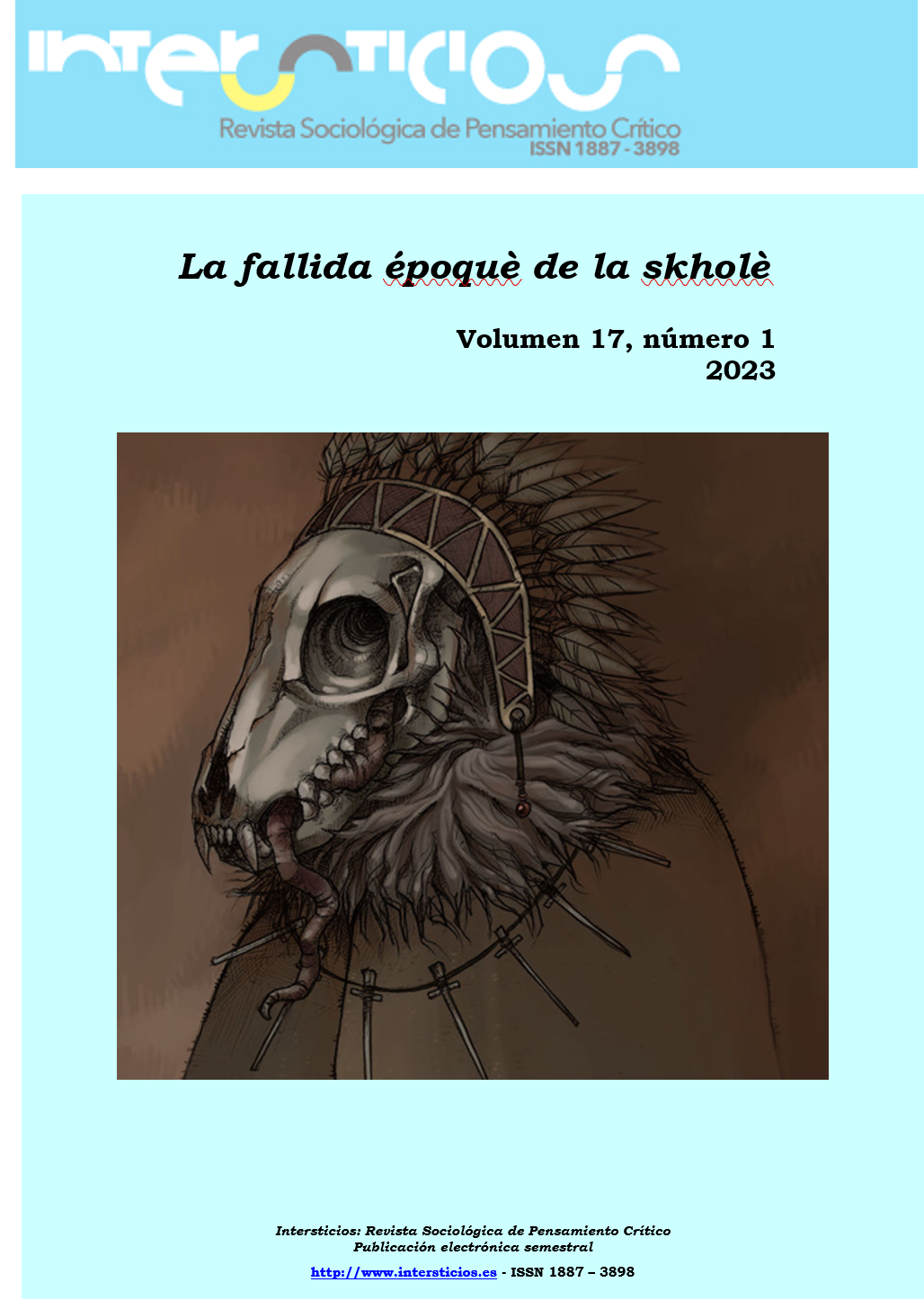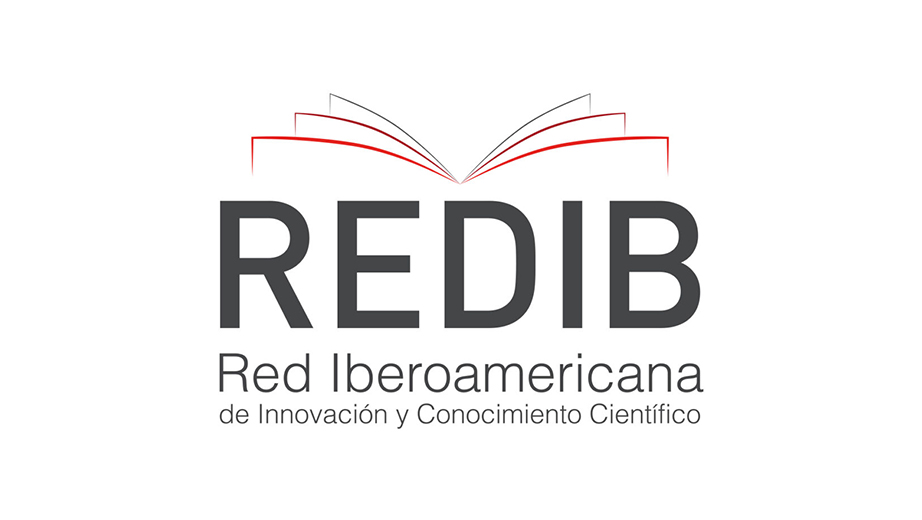Two years of pandemic: provisional balance according to population in México City
Keywords:
satisfactory, unsatisfactory, gains, losses, learning, pandemicAbstract
Much has been said and written about the pandemic. Here an approach is presented as a balance of the same from the population. Specifically, the positive and negative that it brought, who won and who lost, what was done well and what was done badly, and the learning that took place. This is done through interviews with residents of Mexico City, two years after the start in the spring of 2022. As a provisional result, it is possible to affirm that the economic problem is the most worrying over illness and death. The family the most positive in confinement. Having learned hygiene and health care is highly valued; the measures and the vaccines too. Those who won were everything related to the Internet, as well as pharmaceuticals and the health sector. Those who lost, small businesses and businesses, trades and street vendors. The government is criticized for implementing the measures late and lax, however, the vaccination is the most positive thing it has done. The people interviewed learned to get to know each other and to be more humane and supportive, but they say that there were people who did not learn anything.
References
http://www5.diputados.gob.mx/index.php/camara/Centros-de-Estudio/CESOP/Opinion-Publica/Encuestas/Encuesta-telefonica-sobre-confianza-en-las-instituciones
Corvalán, J. (2018): “El fundamento epistemolólgico común del análisis estructural y de la antropología cognitiva” Cinta moebio 63, 391-405 https://www.redalyc.org/pdf/101/Resumenes/Resumen_10159420011_1.pdf
Corrales, C. (1991): “El estudio de los campos semánticos” Revista de Filosofía, 10, 79-93 https://dialnet.unirioja.es/servlet/articulo?codigo=91771
Daillie, L. (2016): La bio-logía del superego o el medio al otro y su posible sanción. Barcelona: Berángel.
Guzmán, F. y M. Nuñez (2022): “Aumentan suicidios en México” UNAM https://unamglobal.unam.mx/aumentan-suicidios-en-mexico/
Han, B.-Ch. (2017): La sociedad del cansancio. Barcelona: Herder.
Martínez, M. (2003): “Definiciones del concepto campo en semántica: antes y después de la lexemática de E. Coseriu” Odisea, 3, 101-130 https://core.ac.uk/download/pdf/143458206.pdf
Milgram, Stanley (2016). Obediencia a la autoridad. Madrid: Capitán Swing.
Niño Becerra, S. (2020): “El dilema” 4 noviembre https://sninobecerra.com/el-dilema/
Organización Panamericana de la Salud (OPS) (2022): “La pandemia de COVID-19 provoca un aumento del 25% en la prevalencia de la ansiedad y la depresión en todo el mundo” 2 marzo https://www.paho.org/es/noticias/2-3-2022-pandemia-por-covid-19-provoca-aumento-25-prevalencia-ansiedad-depresion-todo
Tajfel, H. (1984): Grupos humanos y categorías sociales. Estudios de psicología social. Barcelona: Herder.
Zimbardo, P. (2007): El efecto lucifer. Barcelona: Paidós.









